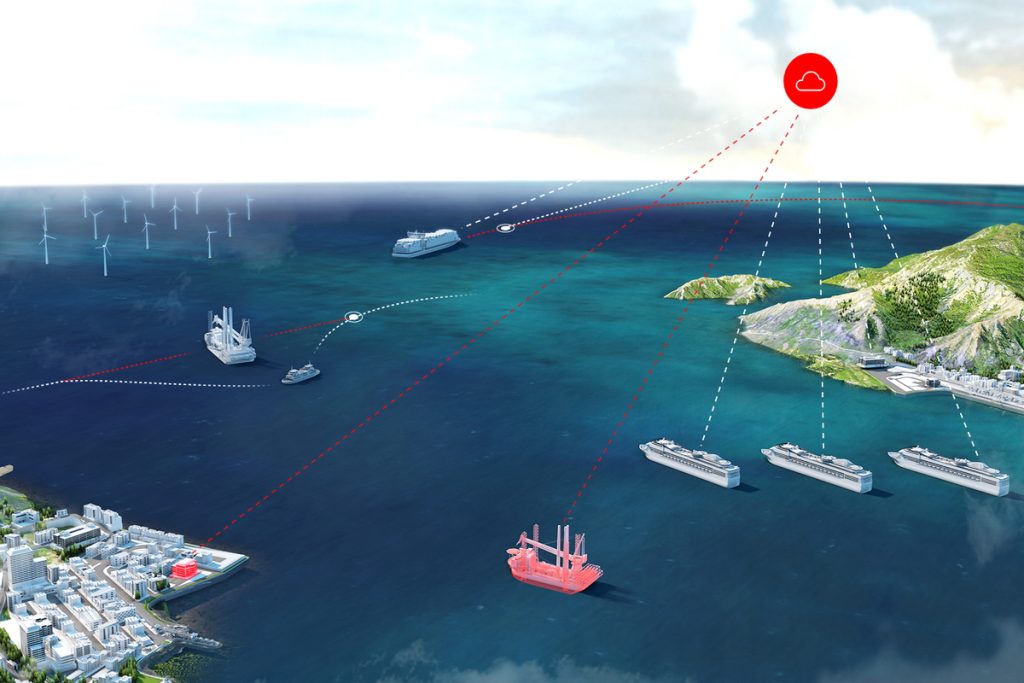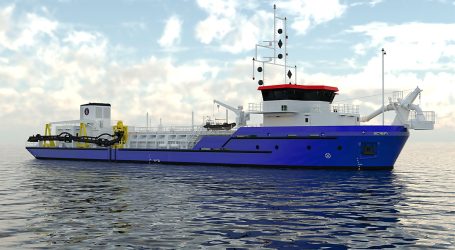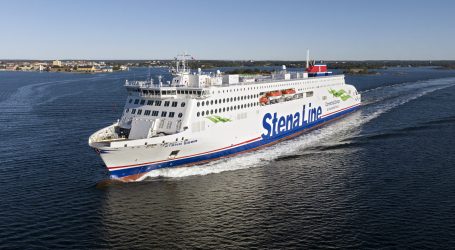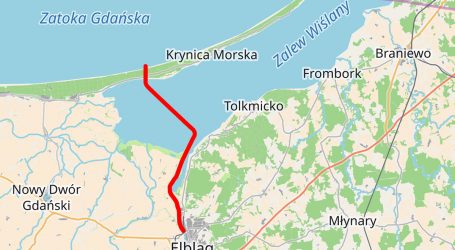Safely to port despite bad weather
ABB is acquiring the maritime business of DTN Europe and DTN Philippines, expanding its portfolio of digital solutions for shipowners. The deal focuses on systems for determining optimal routes for ships taking into account changing weather conditions.
One in four decision-makers in the shipping industry believes that weather has a negative impact on the industry.1 Tropical cyclones and hurricanes, monsoons and thunderstorms – nature can effectively slow down even the most resilient container ship. From the perspective of maritime shippers, every storm and course against strong winds represents an increase in risk, but also a large loss of fuel.
While we are not yet able to change the weather, we can anticipate adverse conditions with sufficient accuracy to allow ships to reach their destination fairly quickly and safely. The role of guides in this case is played by digital systems that are responsible for so-called weather routing.
In simple terms, this is the planning of the optimal route for a ship, taking into account the weather and parameters such as temperature, air pressure, wind direction and speed. These are not relatively simple weather ‘routing’ solutions for yachts or sailboats, but sophisticated systems that use data analytics to take into account hundreds of variables, including the shape of the vessel.
– As a result, they are even able to predict how a vessel will behave in waves that occur at a given time along the route, says Michał Guzek of ABB’s Corporate Technology Centre in Kraków. – Weather ‘routing’ systems are not just about safety, however. When plotting the optimal route, energy efficiency is also taken into account, i.e. how much fuel or energy a ship will consume. Everything matters: whether it is sailing with the tide or against the wind, whether it is going straight or perhaps a bit diagonal. These variables translate into real savings.
Which ones? By optimising the route to take into account weather conditions, a medium-sized container ship can burn 5-8 per cent less fuel2. From a financial perspective, this may not be impressive for a single vessel, but when considering an entire fleet of such container ships, the savings can be counted in the hundreds of thousands of dollars.
To arrive just in time
Transport costs have been rising rapidly in recent months. In March this year, it cost more than $3,000 for a 40-foot container between Shanghai and Rotterdam. Just six months ago, the price was less than $2,000. What’s more, the International Maritime Organisation (IMO) has pledged to reduce CO2 emissions by 40 per cent by 2030 compared to 2008 levels3. Not surprisingly, solutions that reduce energy consumption are increasingly welcomed by shipowners.
Confirming the trend is the news that ABB, which develops, among other things, systems for remote monitoring of ships, is to take over the maritime business from DTN. DTN’s solutions include route modelling software, analytics and advanced reporting. It is currently one of the world’s leading providers of such systems. The transaction will complete ABB’s portfolio for the maritime industry and effectively create one of the market leaders.
– With this transaction, the number of marine units connected to ABB’s network will exceed 5,000. This gives us great opportunities when it comes to further developing digital solutions for the marine industry. DTN Shipping’s operations centres, supporting shipowners 24/7, will also become part of ABB,’ says Michał Guzek, who is involved in the integration of the new business.
Weather-aware route modelling, he adds, offers shipowners a number of benefits in addition to safety and energy efficiency. One of them is… punctuality. After all, it is not always about getting to the destination port as quickly as possible. Companies buy the right to berth in a port during a specific period and cannot always enter it when they are ahead of schedule. Digital route optimisation is also about sailing in eco mode in such a way that you arrive just in time – neither too early nor too late.
The industry recognises the need to invest in digitalisation. 91 per cent of senior managers believe that adequate weather data is a necessity. At the same time, only one in 10 companies has a system that fully integrates and makes optimal use of this data1.
The acquisition of DTN’s marine business by ABB is expected to be completed in the second quarter of 2024.
– Innovation is based on collaboration. This is an important moment in the development of digital solutions for the industry, according to Marc Chesover, CEO of DTN.
Source: PortalMorski.pl




